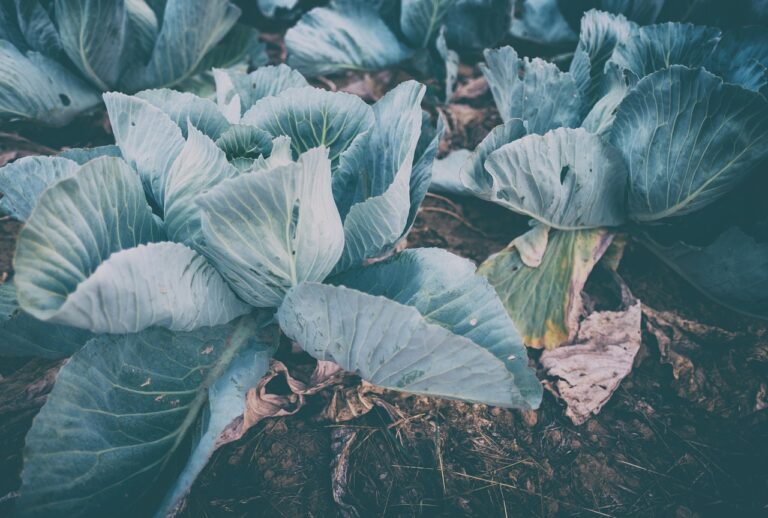The Impact of Climate Change on Agricultural Practices: 11xplay online, Indian 24bet, Skyinplay login
11xplay online, indian 24bet, skyinplay login: Climate change is one of the most pressing issues facing the world today, and its impact on agriculture is significant. As temperatures rise and weather patterns become more unpredictable, farmers are facing new challenges in producing food for a growing population. In this article, we will explore the various ways in which climate change is affecting agricultural practices and what can be done to mitigate its effects.
Impact on Crop Yields
One of the most direct impacts of climate change on agriculture is its effect on crop yields. Higher temperatures can lead to decreased crop productivity, as many plants are sensitive to changes in temperature and rainfall patterns. In some regions, droughts are becoming more frequent, leading to water shortages that can devastate crops. Conversely, increased rainfall in other areas can lead to flooding, which can also damage crops and soil.
Pests and Diseases
Climate change can also have indirect effects on agriculture by creating conditions that are more favorable for pests and diseases. Rising temperatures can lead to the expansion of pests’ ranges, allowing them to thrive in areas where they were previously unable to survive. Similarly, warmer temperatures can also create a more hospitable environment for pathogens that cause plant diseases. This can result in increased damage to crops and a higher likelihood of crop failure.
Changes in Growing Seasons
Another significant way in which climate change is impacting agriculture is by altering the timing of growing seasons. Warmer temperatures can cause crops to mature more quickly, leading to shorter growing seasons and reduced yields. In some regions, farmers are having to plant their crops earlier or later than usual to adapt to changing conditions. This can create logistical challenges and uncertainty for farmers, as they may not know when the best time to plant their crops will be.
Soil Health
Climate change is also affecting soil health, which is critical for the success of agricultural practices. Higher temperatures and changing rainfall patterns can lead to soil erosion, loss of nutrients, and increased salinization. These changes can make it more difficult for farmers to grow crops successfully, as they may need to invest in additional inputs such as fertilizers and irrigation to maintain soil fertility.
Adaptation and Mitigation Strategies
Despite the challenges posed by climate change, there are several strategies that farmers can use to adapt to changing conditions and mitigate its effects. These include planting cover crops to protect soil, implementing water-saving irrigation techniques, and diversifying crop varieties to increase resilience to pests and diseases. Additionally, farmers can implement sustainable agricultural practices such as no-till farming and agroforestry to reduce greenhouse gas emissions and improve soil health.
Government and industry can also play a role in addressing the impacts of climate change on agriculture. Policies that support research and development of climate-resilient crops, incentivize sustainable farming practices, and promote carbon sequestration in soils can help farmers adapt to changing conditions and reduce their environmental impact. Collaboration between farmers, researchers, policymakers, and industry is essential in finding solutions to the challenges posed by climate change.
FAQs
Q: How much is agriculture contributing to climate change?
A: Agriculture is a significant contributor to climate change, accounting for approximately 10-12% of global greenhouse gas emissions. The production and transportation of agricultural inputs such as fertilizers and pesticides, as well as the methane emissions from livestock, all contribute to the sector’s carbon footprint.
Q: What are some examples of climate-resilient crops?
A: Climate-resilient crops are those that are better able to withstand the stresses of climate change, such as drought and heat. Some examples of these crops include sorghum, millet, and sweet potatoes, which are more tolerant of water scarcity and high temperatures than traditional crops like rice and wheat.
Q: How can consumers support sustainable agriculture?
A: Consumers can support sustainable agriculture by purchasing organic and locally grown produce, reducing food waste, and advocating for policies that promote sustainable farming practices. By making environmentally conscious food choices, consumers can help reduce the impact of agriculture on the climate and support farmers who are working to mitigate the effects of climate change.
In conclusion, the impact of climate change on agricultural practices is undeniable, but there are steps that can be taken to adapt to changing conditions and mitigate its effects. By implementing sustainable farming practices, investing in climate-resilient crops, and collaborating with policymakers and industry, farmers can help ensure a more secure food supply for future generations. It is essential that we all work together to address the challenges posed by climate change and create a more resilient and sustainable agricultural system.







